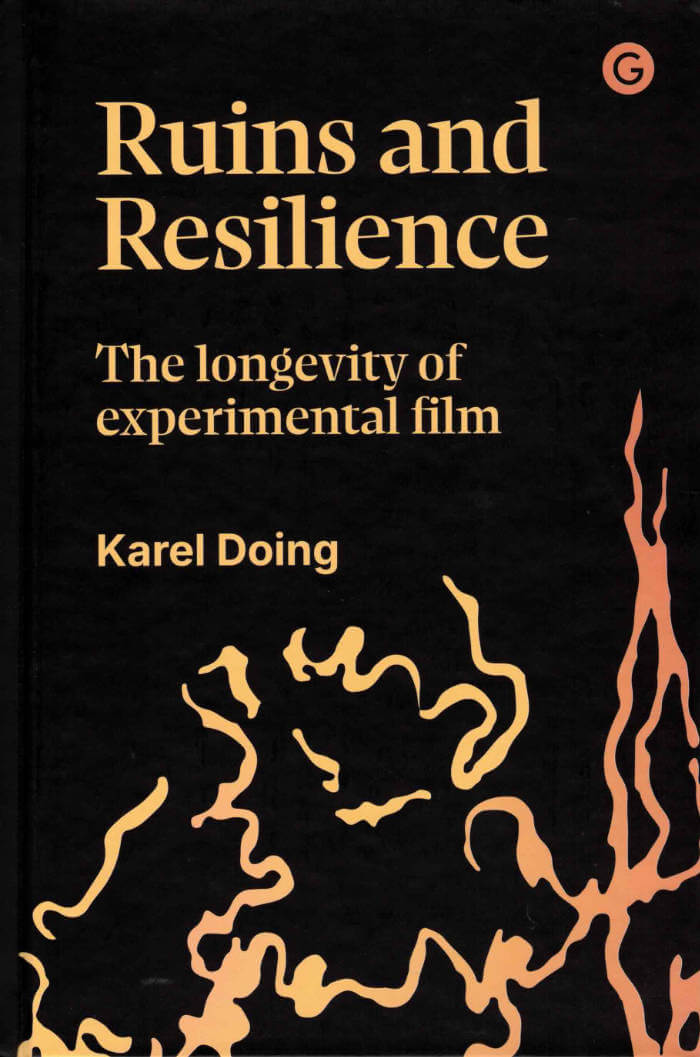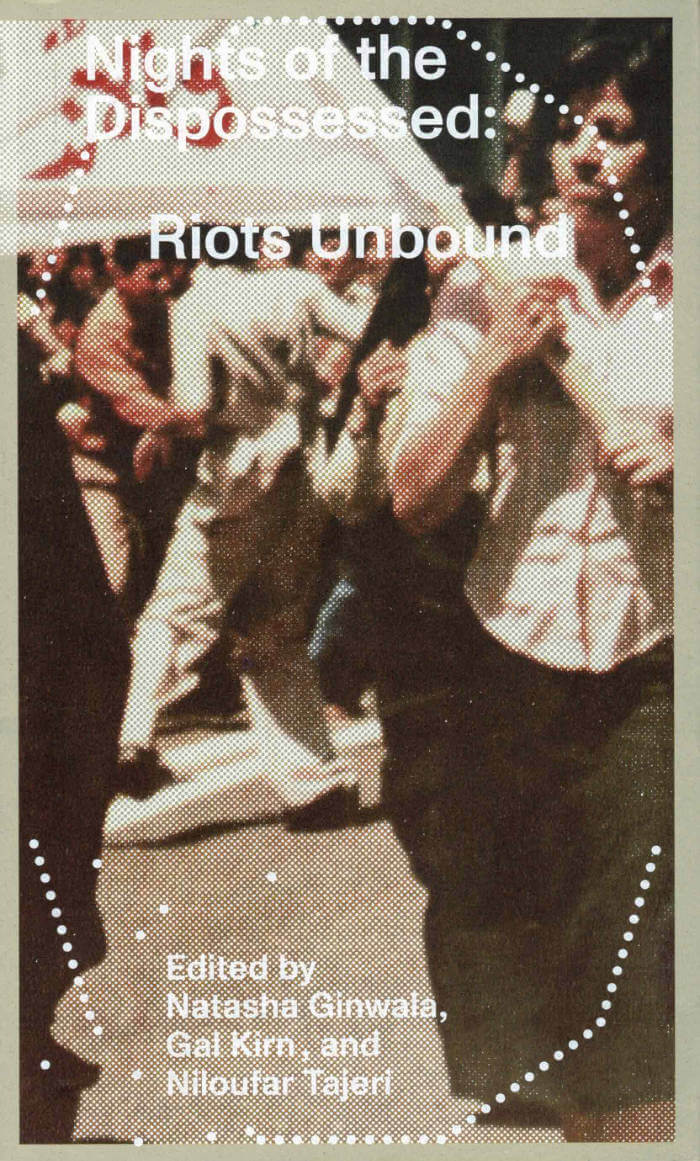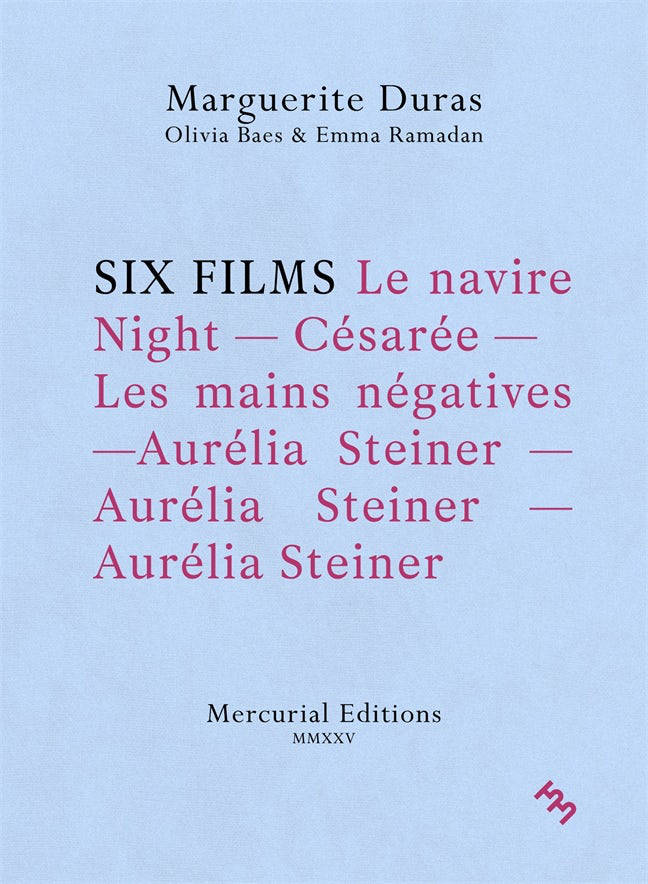
Expanded Nature – Écologies du cinéma expérimental
If it can be said that experimental filmmakers are "expanding" the artistic field through an exploration of the potencies, modes of dissemination, or even performance of the moving image, in the Anthropocene age, these practices hope for another kind of expansion: to expand our experience of nature.
Appending flowers to the film strip or burying it in the ground, inventing observation devices, allowing the camera to be affected by natural forces, engaging one's own filming body in a symbiotic relationship with the environment, reconstituting ecosystems at the moment of projection: the ecologies of experimental cinema presented in this book constitute forms of practice and engagement that awaken a heightened sensitivity to the living world through cooperative links, casting other beings as subjects and agents of filmic processes, and, finally, reshaping the economy of filmmaking. Thus, ecologies of perception, medium, production and multinaturalism are deployed, contributing to the restoration of our sensory bond with the natural world.
Addressing technical, aesthetic and anthropological issues of cinema, Expanded Nature – Écologies du cinéma expérimental (Ecologies of Experimental Cinema) considers how filmmakers and collectives from different parts of the globe form communities with other non-human beings and work through their films to deconstruct human privilege. At the crossroads of disciplines, anthropologists, philosophers, filmmakers and artists, and researchers in visual studies come together and investigate a different history of cinema, written from the point of view of nature.
Texts by Elio Della Noce, Scott MacDonald, Jean-Michel Durafour, Kim Knowles, Philip Hoffman & Janine Marchessault, Karel Doing, Chris Dymond, Alice Leroy, Rose Lowder, Chris Welsby, Yaniv Touati, Bidhan Jacobs, Lucas Murari, Teresa Castro, Colectivo Los Ingrávidos, Elizabeth A. Povinelli, Gérard Leblanc, Frédéric Brayard, Jacques Perconte, Vincent Deville, Lukas Brasiskis & Charlie Hewison.







